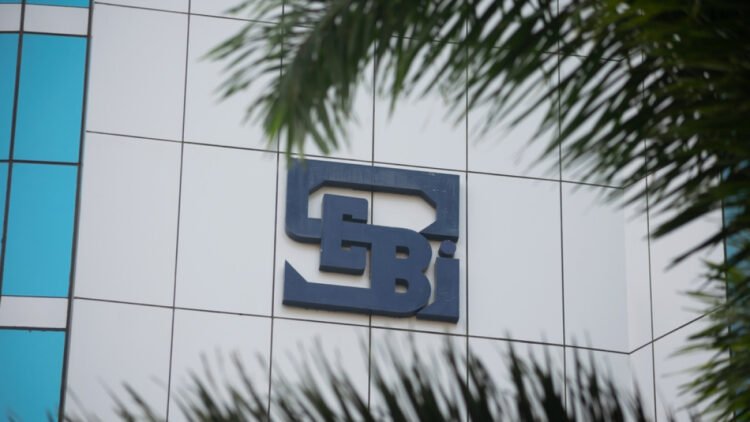MUMBAI: In a significant move, the Securities and Exchange Board of India (Sebi) on Saturday announced a relaxation in guidelines for small not-for-profit organizations (NPOs) and non-governmental organizations (NGOs), enabling them to more easily access funds through social stock exchanges (SSEs). This decision marks a pivotal shift in the regulatory landscape, aimed at bolstering the financial capabilities of smaller entities in the social sector.
Key Decisions for Empowering Small-scale Organizations
- Reduced Fundraising Threshold: Sebi has taken a groundbreaking step by halving the minimum fundraising size for NPOs and NGOs from Rs 1 crore to Rs 50 lakh. This reduction is expected to significantly ease the fundraising process for smaller organizations, allowing them to leverage the potential of SSEs more effectively.
- Framework for Index Providers: The board also approved a comprehensive regulatory framework for index providers. This initiative focuses on enhancing transparency and accountability in the governance and administration of financial benchmarks within the securities market. This move is anticipated to create a more robust and reliable financial ecosystem.
Expanding Opportunities in Real Estate Investment
- SM REITs Access to Public Markets: Another major reform introduced by Sebi is the allowance for small and medium real estate investment trusts (SM REITs), with a minimum asset value of Rs 50 crore, to access public markets for fund-raising. Previously, only entities with an asset value of at least Rs 500 crore were permitted. This change opens up new avenues for smaller players in the real estate sector.
Delisting and IPO Regulations
- Data-driven Approach to Delisting: Sebi chairperson Madhabi Puri Buch emphasized the need for more comprehensive data before altering rules related to the delisting of companies. This prudent approach ensures that any regulatory changes are well-informed and considerate of market dynamics.
- Non-Intervention in IPO Market: Despite concerns over the clustering of Initial Public Offerings (IPOs), Sebi has decided against intervening in the primary offer market. The regulator believes that merchant bankers and the market system are adequately equipped to manage multiple IPOs within a short span. This stance aims to maintain a level playing field and avoid denying market players their opportunities.
Futuristic Approach to Stock Market Settlements
- Transition to T+0 Settlement Cycle: In a forward-looking statement, the Sebi chief announced that by March 2024, the Indian stock market is anticipated to shift to a trade settlement cycle on a T+0 basis. This revolutionary change means that the buyer of a stock will receive the shares in their demat account on the same day the trade is executed, marking a significant evolution in trading efficiency.
This series of regulatory reforms and decisions by Sebi is set to catalyze a new era in the Indian financial landscape, particularly benefitting smaller entities in the non-profit and real estate sectors, while simultaneously enhancing market efficiency and transparency.







